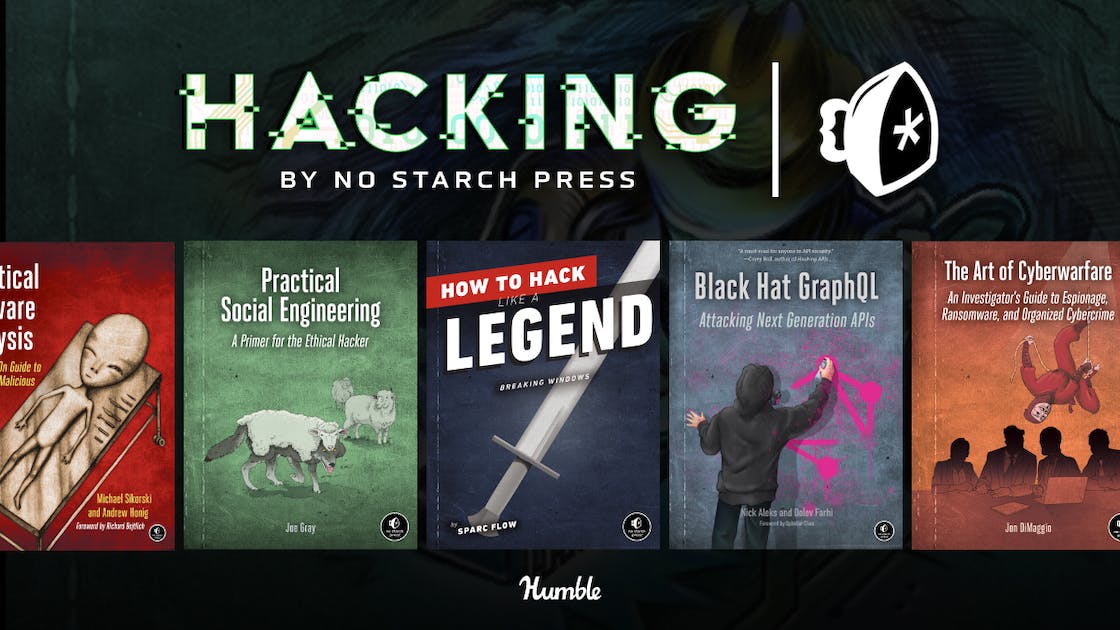Interesting collection of books. As always before spending money on these things, remember: everything you buy has two prices. The price you pay to add it to your personal property, and the price you have to pay to make use of it. And the price to make use of technical books is very, very high. A stack of pending books (or games, movies, any media really) can be a demoralizer that leads to you reading fewer books overall. Personally I will not be buying this bundle but will take it as a reference of books to look into specific topics when the mood strikes.



Interesting! Are there any which are still current in your opinion? What courses would replace the ones which are redundant?
I disagree with the commenter above. NoStarch publishes some of the best security books. Personally, my expertise is in binary exploitation and reverse engineering. The Malware book is great for learning the basics of reverse engineering. Sure a lot of modern Malware is more advanced and using crazy, custom packers and anti-debug techniques. But you’ll never learn how to write a custom unpacker if you haven’t even learned how to read assembly or defeat basic anti-debugging techniques.
Similar with Hacking: The Art of Exploitation. Yes it largely focuses on exploiting vulnerable apps like it’s 1995, no anti-exploit mitigations like NX, ASLR, stack cookies, etc. but binary security has been an iterative process. You won’t understand NX or how/why you need a ROP chain if you don’t already understand how stack overflows and shellcode work. Starting with a binary resembling one from the 90’s is exactly how any class, course, training material, or book on binary exploitation will start, assuming it’s intended for beginners.